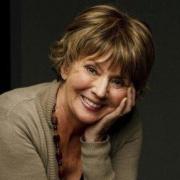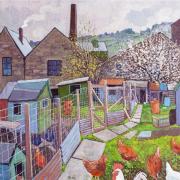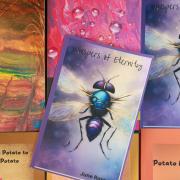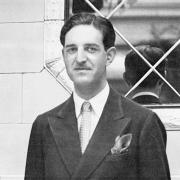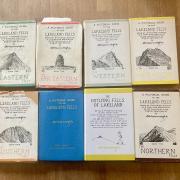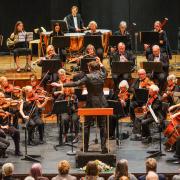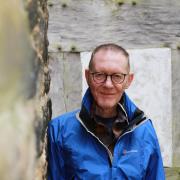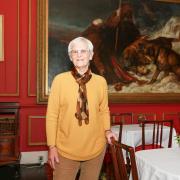A fascinating look at the lives of Lancashire women in times past is now available to a worldwide audience.

The internet wasn’t even on the horizon when Dr Elizabeth Roberts began her pioneering research into the lives of working class people in Preston, Lancaster and Barrow. But almost five decades since she started the first of 260 interviews, her groundbreaking work is available worldwide thanks to digital communication. She used reel-to reel-tape recorders to capture the fascinating memories of people born in the late 19th and early 20th centuries and the result was 545 recordings and three million words revealing the every day lives of working class women from 1890-1970.
‘I think a lot of people liked the idea that their memories would be recorded for posterity. They were very happy to talk and had valuable stories to tell,’ says Elizabeth, who was a mother of two teaching immigrant children when, in 1971, she began a research degree at Lancaster University. ‘I thought my research would involve reading books and looking at documents. Oral history was quite new at the time and Dr John Marshall in the History Department told me to take a recorder and do some interviews. This terrified me as I’ve never been comfortable with technology, but I thought I’d give it a go.’
Elizabeth initially chose to focus on Barrow and Lancaster because she had lived in both places. Born Elizabeth Mauchline, her early childhood was spent on Walney.
‘Barrow was badly bombed during the war and one of my earliest memories was taking shelter under the dining room table with mum,’ said Elizabeth. ‘When the bombing was really bad, we went into the communal shelter which I liked because everyone used to sing there.’

Elizabeth’s father was a draughtsman at Vickers where her mother was a secretary. When her dad was transferred to Manchester in 1942, his wife and daughter followed. On returning to Barrow after the war, Elizabeth attended Barrow Island School and then the grammar school where her interest in history was first sparked.
Elizabeth was the first in her family to go to university and it was at Bristol where she met her husband Hugh who she married in 1959, moving to Lancaster in ten years later when Hugh became a teacher at St Martin’s College. She still lives in the city.
Following her initial work, Elizabeth focused on Preston from 1978-81 because, as a cotton town, it was different to Lancaster and Barrow.
However, all her interviewees had the same things in common – they were from poor backgrounds, their parents were working class and they had grown up in small terraced houses.
‘I had a list of about 250 questions but I let people decide what they wanted to talk about and most spoke about how they had made ends meet and balanced their budgets. They took great pride in not going into debt.’
One of her most memorable stories was recorded in Barrow where a woman recalled how, aged 12, she had been asked by her mother to take her stillborn sister to the cemetery for burial.
After completing her research, Elizabeth wrote two books and since then, her recordings and transcripts have been available at Lancaster University’s Regional Heritage Centre and Lancashire Archives, mainly for academic use.
But thanks to a major digitisation project, the world can now access her work, in particular the transcripts of the interviews. ‘In the past, some people have even crossed the Atlantic to use it which is very flattering,’ said Elizabeth.




